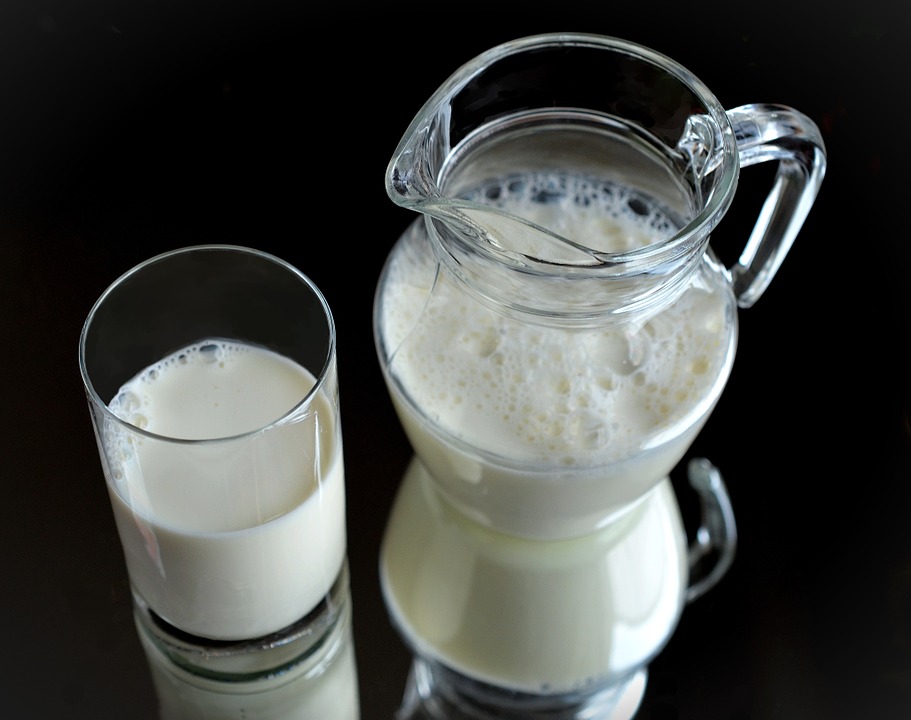
If you are suffering from frequent dental troubles, stay fatigued all the time, experiencing muscular cramps, and have dry skin, then it’s time to address these concerns and restore calcium levels in your body.
Calcium is necessary for dental health and bone growth. Calcium can be obtained from the following sources including sardines, legumes, dark Milk, yogurt, okra, legumes, and kale.
Calcium shortage may be highly harmful to your body, and ignoring it for an extended period can have catastrophic effects, resulting in a variety of health problems ranging from rickets in children to osteoporosis and even convulsions.
Therefore, it is important to learn about the warning signs of calcium deficiency.
Tingling and Numbness
A major sign of hypocalcemia (calcium deficiency) is tingling in the extremities, particularly the feet and hands. Numbness can also be a symptom of severe deficiency. Calcium is required by every nerve cell in your body. When calcium levels fall too low, some cells can face difficulty detecting sensations and transmitting information.
Heart Rhythm Abnormality
Irregular heartbeat is a common sign of hypocalcemia and, if severe, can be fatal. It frequently results in a variety of abnormalities that are detectable on an electrocardiogram (ECG).
It is unsurprising that calcium deficiency can cause heart dysfunction, given that the heart is a muscle. However, when heart cells do not receive enough calcium, they cease to function normally. This can disrupt the normal heart rhythm, produce heart muscle spasms, and promote narrowing of the arteries.
Seizures
Brain cells require moderate calcium levels to function, whereas muscles require them to contract. Hypocalcemia can cause the brain to over-excite, which can result in seizures.
Dry skin
Skin that is dry or scaly may be a sign of hypocalcemia. Calcium’s lesser-known function is to promote skin health by lowering the skin’s pH and protecting the skin barrier. This stops the skin from losing large amounts of water. When calcium levels in the blood fall too low, the skin loses its ability to retain moisture and cannot maintain a normal pH.
Tooth Decay and Periodontal Disease
Calcium helps maintain the strength of your teeth. Food, beverages, and oral microbes all have the potential to damage the minerals in the teeth. Adequate calcium levels are required to stop this mineral loss. Additionally, research indicates that calcium deficiency is a major factor in gum disease [8].
Osteoporosis
Osteoporosis, is also recognized as brittle bones, is a calcium deficiency disorder. When blood calcium levels fall, your body must adjust to this deficiency by releasing extra calcium from bones. Calcium shortage over time can result in considerable bone weakness and fragility, significantly increasing the risk of fractures.
Nail problems
Calcium deficiency can cause nail problems including dry broken and brittle nails. If you have calcium deficiency, you will observe white small lines on your nail.
Muscle cramps and muscle spasms
Muscle spasms and cramps are the hallmark symptoms of calcium deficiency. Calcium aids in the contraction and relaxation of muscles. Calcium-deficient muscles are unable to maintain their normal tone. This might result in muscle pain, muscle weakness, cramps, and spasms.
Premenstrual syndrome
Premenstrual syndrome is a frequently occurring condition which can be a sign of calcium deficiency. According to the studies, Vitamin D and calcium deficiency may either cause it or exacerbate its symptoms. Therefore, Calcium and vitamin D in adequate amount is needed to help alleviate or even eliminate PMS symptoms.
 Daryeel Magazine
Daryeel Magazine



